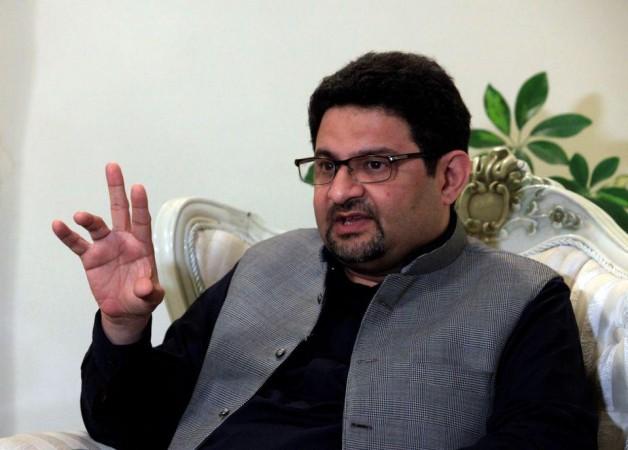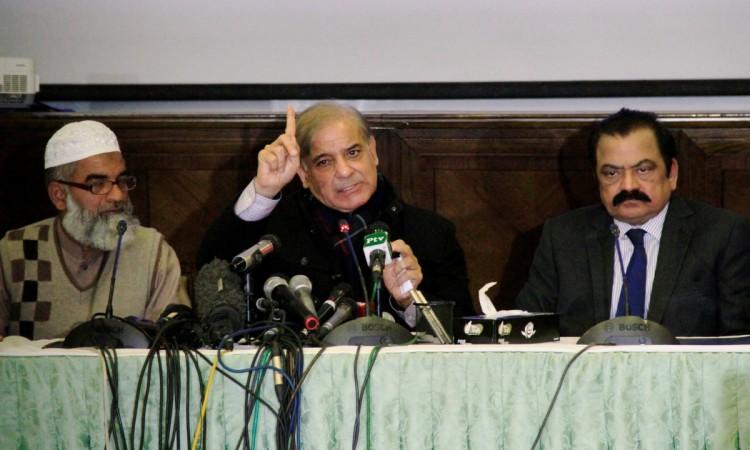Pakistan Finance Minister Miftah Ismail draws parallel between Pakistan and Sri Lanka, while warning that the cash-strapped country could meet the same fate as that of Sri Lanka if tough decisions are not taken. The minister suggested that the government must abolish subsidies on petroleum products or the country will default.
"I have told the Prime Minister that we have to take tough decisions. The Prime Minister is unhappy with increasing the prices of petroleum products...," Mr. Ismail said.
"Today, Sri Lanka is purchasing expensive oil and they do not have funds to buy medicines for their people," the Finance Minister added.

In an interview on Geo News programme Capital Talk on Monday, Ismail said that the International Monetary Fund (IMF) has insisted on abolishing the subsidies on petroleum products. Pakistan currently gives PKR 19 on petrol and PKR 53 on diesel. Ismail said that Sri Lanka used to give subsidies to its public and eventually defaulted.
But it was only last month that the PM Shehbaz Sharif-led government increased the prices of petrol in Pakistan by PKR 30 per litre, only to later increase it again earlier this month. In just one week, the country witnessed a record PKR 60 per litre hike in petrol prices. The hikes were to bring economic stability and revive the much-stalled multi-billion-dollar IMF programme.
In the interview, Ismail lamented that if Pakistan does not increase the petroleum prices further, IMF won't strike a deal with Pakistan. This would mean destruction for Pakistan's economy. Only after the IMF deal is finalised and the Chinese banks extend their loan facilities, Pakistan will have some breathing room.
Slow remittance flow
Besides petroleum prices, Pakistan has another headache - slow remittance flow. Amid yawning current account deficit (CAD), the difference between inflow and outflow of foreign currency, Pakistan received lower remittances in May. This will lead to fresh concerns for Pakistan Prime Minister Shehbaz Sharif and his team as Islamabad has urgently sought a bailout package from the International Monetary Fund (IMF).

Remittances comprise an important source of inflow of foreign currency, boosting the overall economic growth. In case the trend continues, it could even lead to deepening balance of payment crisis pushing inflation further.
A press statement issued by State Bank of Pakistan (SBP) said that in growth terms remittances decreased by 25.4 per cent on a month-on-month basis while they dropped 6.9 per cent on a year-on-year basis, "largely reflecting the usual seasonal post-Eid decline and associated long holiday."














